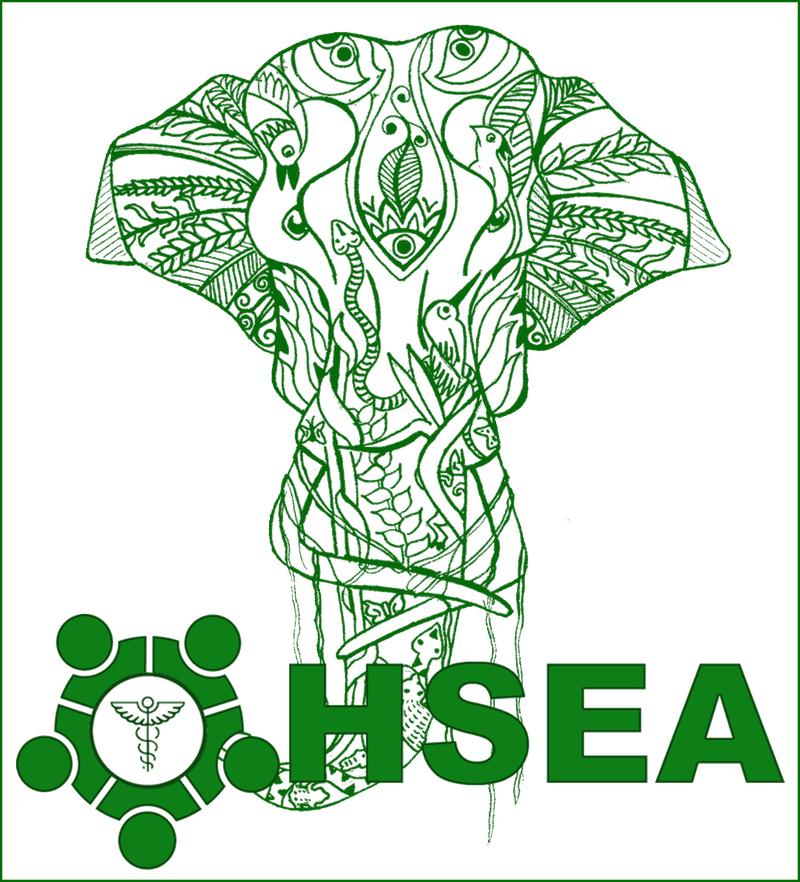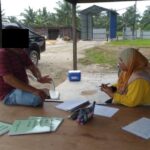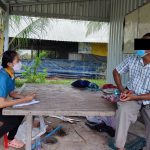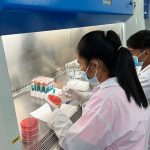Understanding antibiotic use among commercial small scale chicken farmers and its impact on E. coli from chickens and the environment in Malaysia and Cambodia
PITCH
INTRODUCTION TO THE PROJECT
For more than 70 years, livestock sectors have been using antibiotics for disease control, prevention, and growth promotion. Liberal use of antibiotics in intensive livestock animal care, especially chicken and pig production, facilitated the acceleration of antibiotic resistance, threatening both animal and human health. Most countries that have formulated their national strategic plan on antimicrobial resistance incorporated animal sectors as an area that needed research and further studies to improve knowledge and understanding about antibiotic use (AMU) and antimicrobial resistance (AMR). In Malaysia and Cambodia, it still needs to be made clear how extensively antibiotics are used in livestock production and to what extent and purpose antibiotics are applied. The wide application of antibiotics beyond therapeutic needs is ingrained in the livestock production culture. Therefore to ensure a sustainable trajectory of change, how farmers perceive antibiotics and how and when the drug is used need to be better understood. Gender relations as animal health determinants and care also need exploration given their perceived differences is nurturing behavior. Small-scale intensive chicken production is highly prevalent in this region; therefore, the overarching goal of this project is to produce valuable knowledge and information to shape an operationalizable policy for antibiotic use in animals, given the unique local situations in Malaysia and Cambodia. We carry out three tasks for this project:
PROJECT IN ACTION
Task 1: Determine the quantity of antibiotic use in the commercial chicken industry in Malaysia
Data on antibiotic sales for the past three years has been collected and analyzed with the collaboration of the Department of Veterinary Services, Putrajaya, to identify the total amount of antimicrobials used, including the main classes of antimicrobials, preparation, and mode of administration in livestock in Malaysia.
Task 2: Determine the AMR of E. coli in chickens from small-scale farms and their ecosystems
Pilot field studies have been carried out in the states of Perlis and Kedah in Peninsular Malaysia and two districts (Oudongk and SamroungTong) of Kampong Speu province in Cambodia. Ethical permission (where necessary) was acquired from the relevant institutions and the methods for sample collection and processing were standadized ; as well as the AST protocols and antibiotic panel to use.
Task 3: Qualitative study on the perception of small-scale farmers on the use of antibiotics in chicken farming about antibiotics and its usage
Face-to-face interviews (semi-structured questions following informed consent) were undertaken with chicken farmers in Perlis, Kedah states on Malaysian and Cambodian small-scale farmers. The target number of farmers was 15-20 to gain insights into their experience, knowledge about animal health, gender-based responsibilities and beliefs in animal care and management, perceived barriers of change, and perception and goals concerning chicken health and diseases. Interviews were transcribed and translated into the local language.
- Interview with a farmer in Selangor
- Interview with a farmer in Selangor
- Laboratory work in Cambodia
NEXT STEPS
Following the completion of the project :
- The team is planning on seeking funding to perform collaborative research across the region to map the AMR from chicken farms to the various agrosystems in the surroundings including fish ponds, plant-based farming’s and others in the immediate environment, including humans and pets of the farm.
- At the same time, they will also attempt to map the highly complex antibiotic sales channel and supply framework available to small scale farmers in the region. This work is aligned with the country level Strategic Action Plan which now places more emphasis on the environment and non-livestock agricultural commodities. It will also assist to create point of intervention (should there be need) to enhance antibiotic prudent use or stewardship.
AMR ON THE WEB
French Embassy in Thailand’s posts:
https://th.ambafrance.org/La-France-est-mobilisee-en-Thailande-pour-la-sensibilisation-aux-antimicrobiens
https://www.facebook.com/FranceenThailande/posts/6897012813657012
https://twitter.com/FRenThailande/status/1461569516421500929
CONTACT
Project leader : HASSAN LATIFFAH (latiffah@upm.edu.my)
Associated researchers :
– Nur Indah Ahmad (nurindah@upm.edu.my)
– Chea Bunna (bunna_chea@rua.edu.kh)
Countries involved : Cambodia and Malaysia



